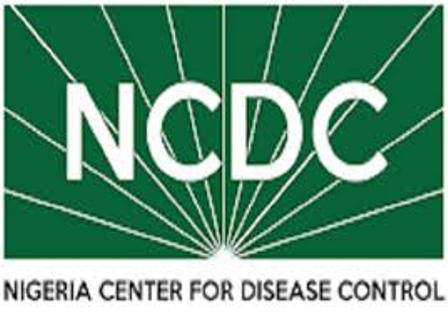The Nigeria Centre for Disease Control and Prevention (NCDC) has advised Nigerians to avoid all but essential travel to Uganda and other countries with confirmed cases of Ebola Virus Disease (EVD).
This follows Uganda’s confirmation of an outbreak of the Sudan strain of Ebola on January 30, 2025, in Wakiso, Mukono, and Mbale City. So far, one case has been recorded, resulting in one death, while 44 contacts remain under surveillance.
Speaking on Sunday, NCDC Director General, Dr. Jide Idris, assured that while Nigeria has no recorded cases, the agency is reinforcing surveillance at entry points, updating emergency response plans, and expanding diagnostic capacity in key laboratories.
Although the World Health Organization (WHO) has not imposed travel restrictions on Uganda, Dr. Idris advised Nigerians returning from affected areas within the last 21 days to monitor their health.
He urged anyone experiencing fever, muscle pain, sore throat, diarrhea, vomiting, stomach pain, or unexplained bleeding to call 6232 or their State Health hotline for assessment.
“Such travelers should self-isolate and await response teams for further evaluation and possible transport to a treatment center,” he added.
The NCDC DG warned that Ebola has a fatality rate of 25-90% and spreads through contact with infected bodily fluids, contaminated objects, and wild animals such as bats, chimpanzees, and monkeys.
While vaccines exist for some strains of the virus, he clarified that Nigeria does not currently have the approved vaccine for the Zaire strain, and it does not protect against the Sudan strain responsible for Uganda’s outbreak.
Dr. Idris urged Nigerians to practice good hygiene, avoid bushmeat, and report symptoms immediately to prevent potential outbreaks.
He also advised healthcare workers to enforce strict isolation for suspected cases, adhere to infection control protocols, and report immediately to health authorities.
He, however, assured that the NCDC will continue to strengthen surveillance, expand diagnostic capacity, and collaborate with global health organizations to safeguard public health.
 National Telescope national telescope newspaper
National Telescope national telescope newspaper



